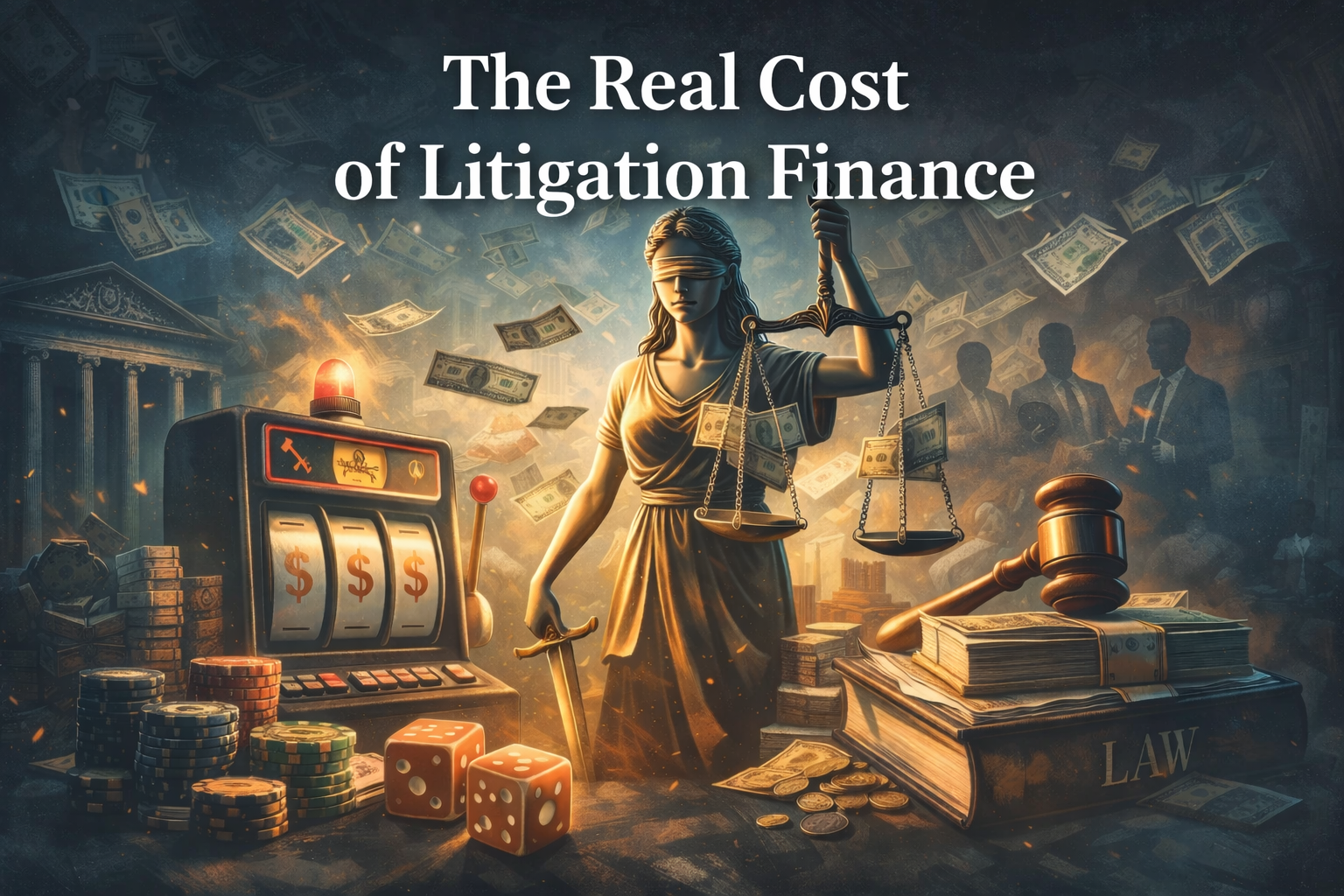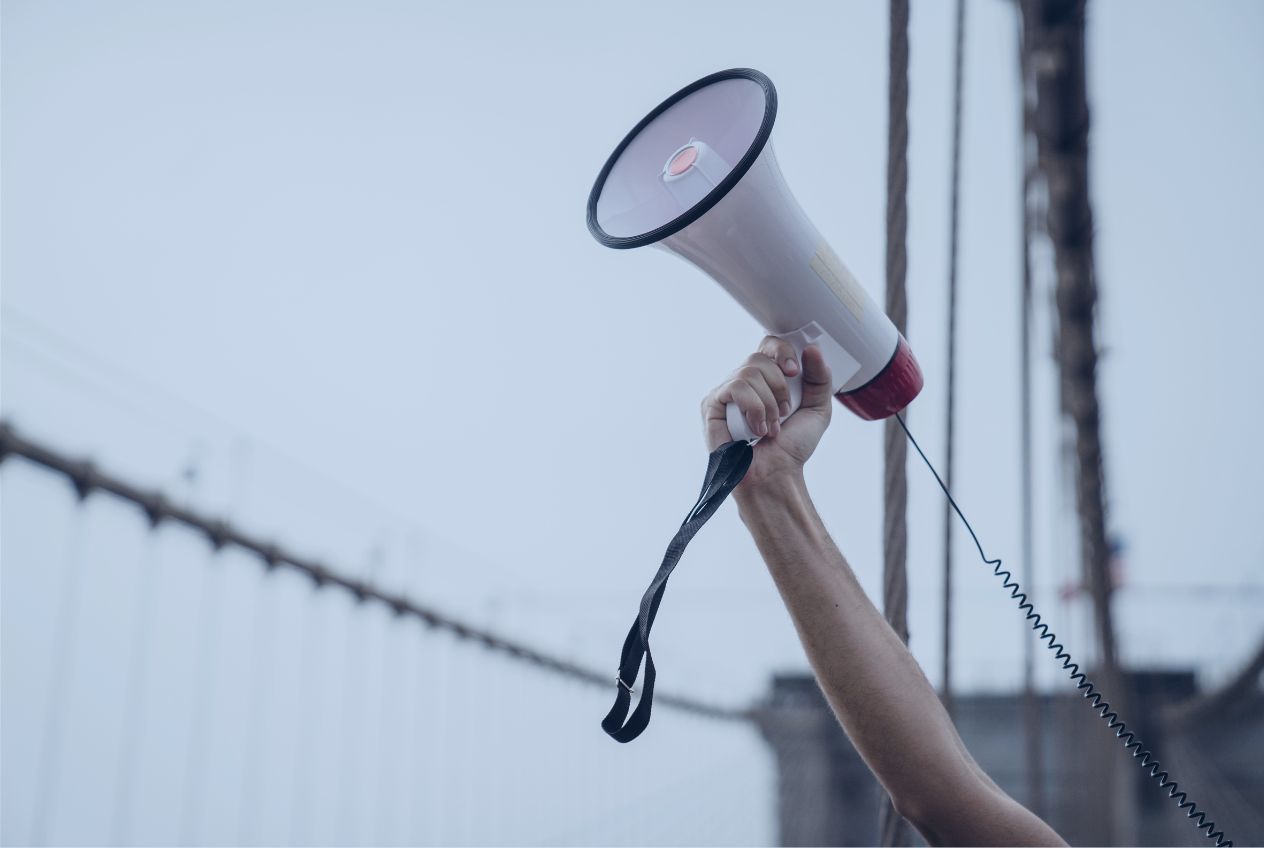
It’s now springtime in the northern hemisphere, and we’re now several weeks into the COVID-19 pandemic.
As consumer advocates, our job has never relinquished: we’re there to closely monitor regulatory trends in major capitals to inform and activate consumers to fight for #ConsumerChoice.
With governments scrambling to protect its citizens, we’ve seen an unprecedented push to both pass and repeal laws in order to better fight against the virus. Some have been greatly beneficial to consumer choice, while others leave us scratching our heads.
Here’s a list of some of the Good, the Bad, and the Ugly laws we’ve seen around the world.
Providing Healthcare
The Good
Massachusetts and other American states are removing regulations that prohibit medical professionals from practicing in other states
The United Kingdom has removed regulations that limited the quick production and shipping of medical supplies for its health professionals.
The U.S. relaxed rules on what can constitute a hospital, as makeshift healthcare facilities have sprung up around the country. It also has allowed more telemedicine, which was previously severely limited.
New York State has opened up its recommendation process for prescription drugs, allowing patients to have more choice.
The Bad
Early on, the Centers For Disease Control and Food and Drug Administration monopolized and centralized all testing, slowing down the initial response to the growing number of cases in multiple jurisdictions.
The Ugly
The Chinese Communist Party and its affiliated companies sold tests later determined to be faulty to countries including Spain and the Czech Republic. In the Czech Republic, for example, 80% of the tests were found to not work in the slightest.
Alcohol Delivery
The Good
Many U.S. states and Canadian provinces legalized alcohol delivery and takeout options for restaurants and bars, helping to keep these stores in business while they’re forced to shut down their physical presence. This includes jurisdictions that previously did not allow for alcohol delivery.
The Bad
The Commonwealth of Pennslyvania closed all liquor stores in response to the coronavirus. Because the state maintains a monopoly on liquor, that means no Pennlsyvania residents are able to acquire liquor at this time. This has pushed thousands to visit neighboring states to purchase their booze.
In New Jersey, several liquor stores have been totally emptied by Pennsylvania residents alone!
The Ugly
South Africa has banned all alcohol sales until at least April 16th. Greenland followed the same blanket ban until the same date.
Surveillance and Technology
The Good
The FCC’s Keep America Connected Pledge has garnered the support of more than 60 companies committed to raising broadband speeds, removing all data caps, and providing better service during the pandemic. That means there will be no forced reduction of quality as is being mandated in the European Union via its net neutrality rules.
Germany will soon issue coronavirus “immunity certificates” to indicate who has recovered from the virus and is ready to re-enter society.
The Bad
Israel passed an emergency measure to allow the government to track mobile phone data in order to track the spread of the coronavirus.
Dozens of other countries are using mobile phone data secured from ad agencies to track the movements of citizens and to enforce social distancing. Over 500 U.S. cities are now tracking its residents.
The Ugly
South Africa will allow 10,000 field workers to “check up on people in the homes” if they have coronavirus.
Countries such as Bangladesh, Ethiopia, India, and Myanmar have resorted to shutting down the Internet in the wake of the pandemic.
When the crisis first began in China, its forces shut down and jailed journalists and doctors who warned about the spread of the disease. It has been labeled a cover-up.
Rule of Law
The Good
In the Netherlands, Prime Minister Mark Rutte has reluctantly passed some restrictions, but wants to keep citizens free to come and go to ensure their freedoms during this time.
“And even if that were possible in practice – making people stay in their homes unless they have permission to go outside, for such a lengthy period – the virus could simply rear its head again once the measures were lifted. The Netherlands is an open country.”
The Bad
The Israeli Prime Minister Benjamin Netanyahu was set to be tried on corruption charges, but due to the coronavirus, he shut down all courts and thus will still avoid a verdict.
The Ugly
In Hungary, Prime Minister Viktor Orban won a vote that will allow him to rule by decree, without opposition nor elections, with no end date. This effectively erases the rule of law.
Do you have other examples? Write to us at info@consumerchoicecenter.org.




